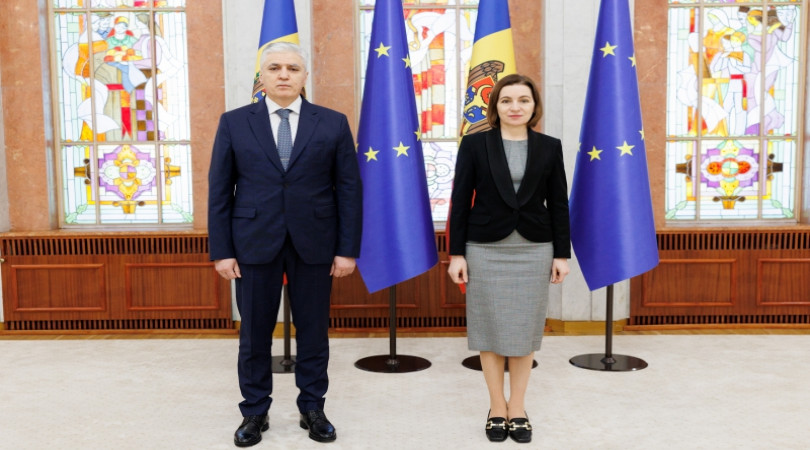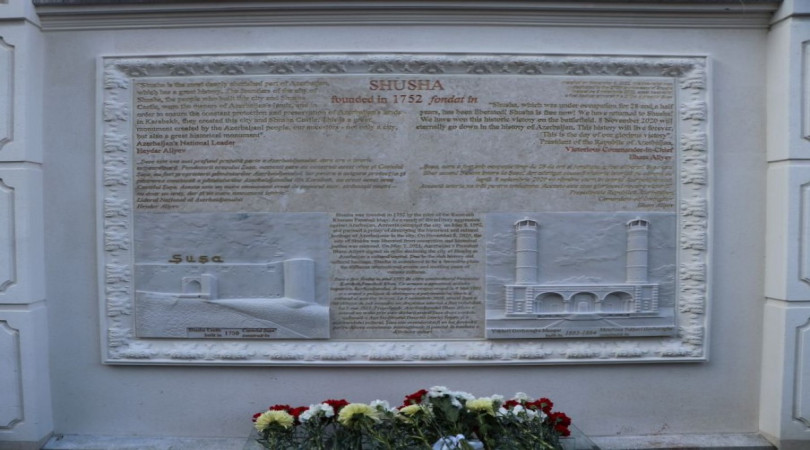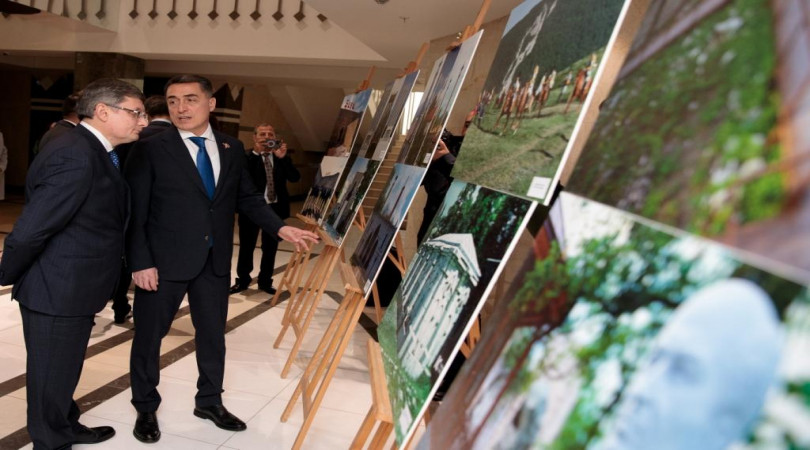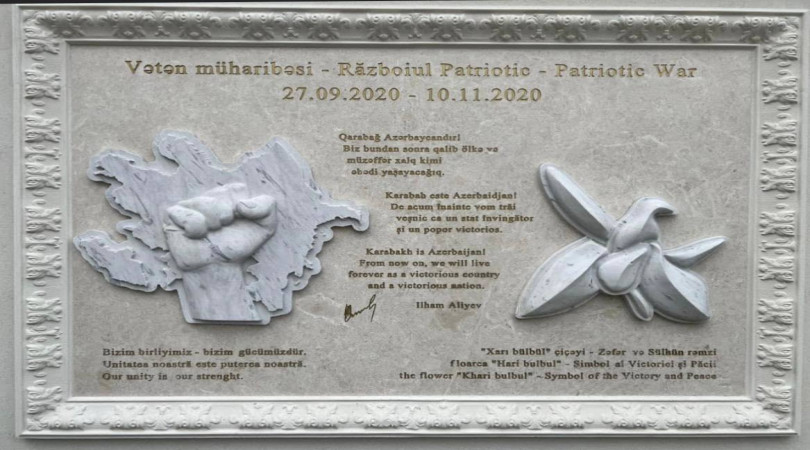Muhammed Fuzuli
Muhammed Fuzuli (1494-1556)
In Western civilization the creativity of Muhammed Fuzuli (1494-1556) is often compared with Barokko; the smallest poetic details found here their place, nothing is extra or unknown, poetic elements hardly seen with a simple eye, form 'monolith' artistic organism in harmony. According to an individual artistic miracle, the creativity of Fuzuli can be compared with the great artists, the masters of a word, such as Dante, Shakespeare, Pushkin, bred by the world mentality history-long; all these artists are immortal for admirable beauty coming out from their poetic talent. That is why classic Azerbaijan literature realizes its eternity is displayed in a new perspective for different cultural-social generation at a different historical period. So every passage-period has its own Nizami, Fuzuli, Vagif and they different from Nizami, Fuzuli and Vagif of the previous generation and turn into the carrier of new cultural-aesthetic, social-ideological functions.
Globalism seen in Nizami shows itself in immortal works of Fuzuli written in three leading living languages of whole Islam culture- Arabic, Persian and Turkish. The poet has 'Divans in three languages, philosophical treatise 'Metleul-Etigad' in Arabic. 'Divan' in Persian prevails in number, while 'Divan' in Turkish in quality. His qasidas written in native language may be called purls of this Genre in the middle century literature. The epic 'Leyli and Mejnun'(1536) written in Azerbaijan language, is a unique sample of this genre. It is true that Nizami created works on the same theme in Persian, Navai, Zamiri and Hagigi has that of in Turkish before Fuzuli. But all these epics lack the interpretation of love as Fuzuli did, i.e. Fuzuli managed to create something different from abovementioned. Though the beginning of the epic presents the work as a metaphor to divine love, the whole poem is full of lively, real, accepted by all its contradictories human characters created by Fuzuli.
Fuzuli played a great role in further development and purification of Azerbaijan literary language, turning into the language of high-level poetry. He also played a great role in the development of the language of prose by a gift 'Shikayetname'. The main text of the largest work of the poet 'Hadigatus-Suada' ('The garden of the luckiest'), dedicated to the misfortune of torturer imams, is written in prose, but here and there Fuzuli used poems according to the subject of the context.
Fuzuli is the artist read not only in Azerbaijan but a great geographical-ethnical area where Oguz-Turkish language is excellently understood.
Source: azerbaijan.az


















